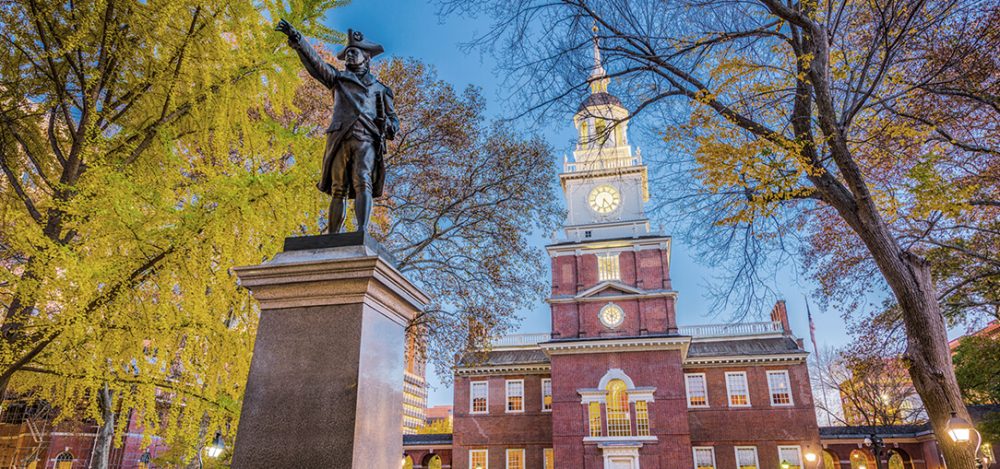Note: This commentary was originally published in the Philadelphia Inquirer on January 25, 2008. I’m reprinting it here on Chalk and Talk as a means to try to ease tensions between teens and police in light of the incident at Sayre High School last week.
by Christopher Paslay
FBI Director J. Edgar Hoover once said that justice was incidental to law and order. Although there is some truth to this statement, when it comes to our police force, there is a fine line between keeping order on the street and fostering a culture of mutual respect.
The balance between order and respect is even more delicate when it comes to policing teenagers.
An alarming number of the adolescents I teach admit in class discussions that they don’t like cops. Many feel disrespected by police on a regular basis, and complain that cops are always “in their face,” when they’re talking on street corners, for example, or congregating at playgrounds.
I believe this hostility stems from a communication breakdown between teenagers and police. The majority of law enforcement officials in our city are good, hard working people, and so are most of our youth, even though some are quick to challenge authority figures. But when the two interact in our fast-paced society, relations can go sour.
As a Philadelphia public school teacher, I understand the importance of being able to communicate effectively with teenagers. In my experience, effective communication boils down to three things: awareness, listening skills, and tone of voice.
Everyone—teachers, police, and teenagers included—are the star of their own personal drama. As human beings, we have the egotistical habit of taking everything personally. If a teenager gets mouthy with me in class, my first reaction is that she doesn’t like me. If she doesn’t immediately submit to my authority, I assume it means she thinks I’m a push-over.
In reality, this isn’t the case. When a young person acts out, the root cause could be anything—trouble at home, a fight with a sibling, a missed meal—none of which have anything to do with me. There’s no excuse for the behavior, but as a mature authority figure, I have the awareness not to take it personally.
I don’t have to argue, raise my voice, or become hostile. Most importantly, I don’t have to compete with the child. I can take a step back and become a neutral observer. I can note the emotion of the individual, and try to find a way to defuse it.
In order to do this, I must be a good listener. I must have the ability to listen to alternative points of view, even if it’s from a juvenile. And I must take this point of view to heart. Many times as a teacher, when I’m dealing with a student who rubs me the wrong way, I find myself shutting down and refusing to hear what he or she has to say. It’s during these times that I take a deep breath, close my mouth and open my ears and listen. Most times, I realize the student has something important to say. Either way, it builds mutual respect and keeps the lines of communication open.
Finally, I believe it is important for authority figures such as teachers and police officers to watch their tone of voice. Sure, there are times to get loud just like there are times when you must stop and listen, but either way, it’s important to have a respectful tone. I think the “golden rule” works well in this situation: Talk to others the way you expect to be talked to, even it’s a young person.
Police officers are not teachers; their job isn’t to counsel or educate. Their jobs are obviously more dangerous; oftentimes, in threatening situations, they don’t have time to reflect upon opposing points of view. However, a heightened awareness of teen behavior, coupled with listening skills and a respectful tone of voice, might make a world of difference when confronting adolescents. It might help dissolve underlying tension and cut down on violence against police.
The hostility teens feel toward law enforcement officials is unhealthy and must be addressed. Communication skills could be the first step in a new and improved relationship between cops and our region’s young people.
